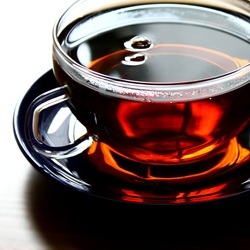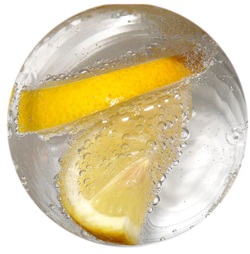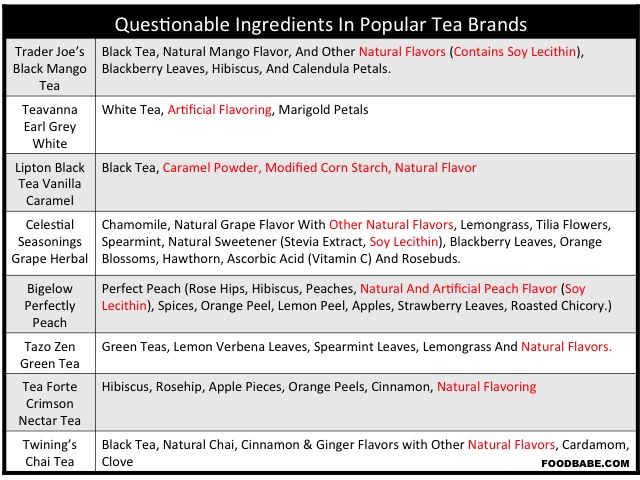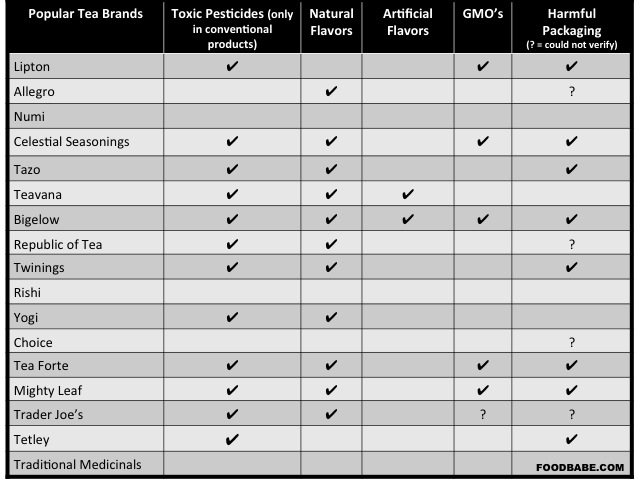 Tea is found across the globe and plays an important cultural and historical role. It is the most consumed beverage worldwide next to water and Canadians are no exception to this love. It is estimated Canadians drink 9.7 billion cups of tea each year. Legend has it that the Emperor of China discovered tea when tea leaves blew into his cup of hot water in 2737 BC. It wasn't until years later that tea was consumed as a medicinal drink. Today there are thousands of different varieties of tea but all tea come from the plant Camellia sinensis. There are 5 main categories of tea: White, Green, Black, Oolong and Herbal. White teas are the purest, least processed and the leaves are picked early and the buds are dried in the sun. Green tea leaves are either steamed or pan fried. Black tea under goes the most processing. The leaves are sun dried, then rolled and fermentation gives it the characteristic black colour. Black tea also contains the most caffeine. Oolong tea is similar to black tea but does not undergo fermentation. Herbal teas do not have any leaves from the Camellia plant making them caffeine free. There are 3 main types of herbal infusions. Rooibos is a red South African bush tea and mate is made from the leaves of a South American shrub while herbal infusions contain pure herbs, flowers and fruits. Tea is known to reduce anxiety, help with weight loss, headaches, improve digestion, constipation, boost your immune system, helps reduce allergies, improves cholesterol levels, reduces stroke risk, burns fat and helps with insomnia. Tea is high in antioxidants and green tea has the highest levels of ECGC, which has shown to help against the free radicals involved in cancer, heart disease and clogged arteries. Tea also helps you stay hydrated and is great for detoxification. There are many different brands of tea that when you are trying to choose one it can be overwhelming. However, not all brands are created equal and many are filled with toxins, pesticides, artificial ingredients, added flavors and GMOs taking away from their health benefits. A recent investigation by CBC's Marketplace tested 10 popular brands of green and black tea and found that 9 brands contained pesticide levels and half of these exceed the Canadian standards. 8 of the 10 brands contained multiple pesticides with one brand containing 22 different pesticides. The brands tested were: Lipton, Red Rose, Tetley, Twining’s, No Name, Uncle Lee’s Legends of China, King Cole and Signal. Red Rose was the only pesticide free brand that was tested. If you think that buying your tea at a health food store or a high-end loose leaf means you're getting a better quality product then you are wrong. Celestial seasonings is a well-known brand but a third party analysis by Glaucus Research found that 91% of their teas had pesticide levels exceeding the U.S limits. In testing by an independent lab, 100% of Teavana's teas were found to contain pesticides to the point that 77% of their teas would be banned from import based on EU important standards for pesticides and 62% contain endosulfan which is a pesticide that is banned by 80 countries including the US and Canada. Tea companies use natural and artificial flavours to mask the taste of lower quality teas. GMO's are also making their way into teas, which means that corn and soy have been added. David's tea has become extremely popular in Canada but over the last few years they have started to add more flavorings to their teas so be sure to read the ingredients before you buy. Below are some questionable ingredients in popular teas. The increasingly popular silk sachets and mesh bags are made of plastic. These polyactic corn based tea bag have impressed major companies due to its fancy look and biodegradable claims but the product is made with genetically modified corn. Why does the packaging of your tea matter? The food grade nylon or polyethylene terephthalate (PET) that tea bags are commonly made from are considered the safest plastics in terms of harmful leaching potential. However, the tea bag which holds your tea leafs while you steep it in boiling water starts to break down in hot water leading to leeching out of harmful phthalates if any are present in your tea. The risk of paper tea bags is that they are treated with the pesticide epichlorohydrin, which is considered a potential carcinogen. Now that you're thinking you can never drink tea again what do you do? Although most of the commonly available brands do have pesticides, artificial flavors and GMO's added to them, there are companies that are devoted to producing clean teas. This chart is a good place to start when it comes to picking a brand. Furthermore, choose an organic & non-GMO certified brand of tea. Then check the ingredients to avoid added flavours (natural or artificial) and GMO ingredients like soy lecithin and cornstarch. In terms of packaging, buy loose leaf tea and use a stainless steel or glass strainer or buy from a company that has stated they do not use harmful ingredients (Numi and Traditional medicinals have publicly stated so). If you do decide to use a tea bag then don't let it step longer than recommended.
Some good quality and easily available teas are Traditional Medicinals, Numi, Rishi and loose-leaf teas from Tealish (based in Toronto). I highly recommend finding a loose-leaf tea place near where you live and don't be afraid to ask them questions since you are putting this into your body.
21 Comments
 A detox is not living on the toilet and eating nothing for 2 weeks. Detoxification is a natural process in our bodies that eliminates toxins acquired from our food, water, air and metabolic processes. The body eliminates these toxins through the skin and breathing, solid waste through the intestines, liquid waste through the kidneys and immune system waste through the lymphatics. The liver is our main detoxifier but over time toxins can build up. A detox involves dietary and lifestyle changes as they reduce the intake of toxins while improving their elimination over a period of 2-3 weeks. Certain foods help with different phases of detoxification while others impair it. In order to optimize the body’s detoxification abilities a dietary combination of the appropriate foods along with herbs and vitamins that support these processes is needed. The juice of half a freshly squeezed lemon in warm waters first thing in the morning can help your liver detoxify. The lemon water helps flush out toxins and helps hydrate you in the morning when you are the most dehydrated as well. |
Harmi KalerDoctor of Naturopathic Medicine in Okotoks and Calgary. Categories
All
Archives
July 2015
|
CLINIC INFORMATION
|
LOCATION
113 - 109 Southbank Blvd
Okotoks AB T1S 0G1 Phone: 403 938 1138 Fax: 403 982 2114 Email: [email protected] |
HOURS
Monday: 10am - 6 pm Tuesday: 10 am - 6 pm Wednesday: 10am - 6 pm Thursday: 10am - 6 pm Friday: 10am - 6 pm Saturday: by appointment only Sunday: Closed Holidays: Closed UPCOMING CLINIC CLOSURES
|
This website is for educational purposes only. The content on this website is not meant to treat, diagnose or prevent any conditions. Always consult with a qualified healthcare provider for your care. The author of this website is not liable for any adverse effects that may occur based on any information obtained from this website.
Copyright ©2013-2023 by Harmony Health Integrative Centre. All Rights Reserved
Copyright ©2013-2023 by Harmony Health Integrative Centre. All Rights Reserved



 RSS Feed
RSS Feed